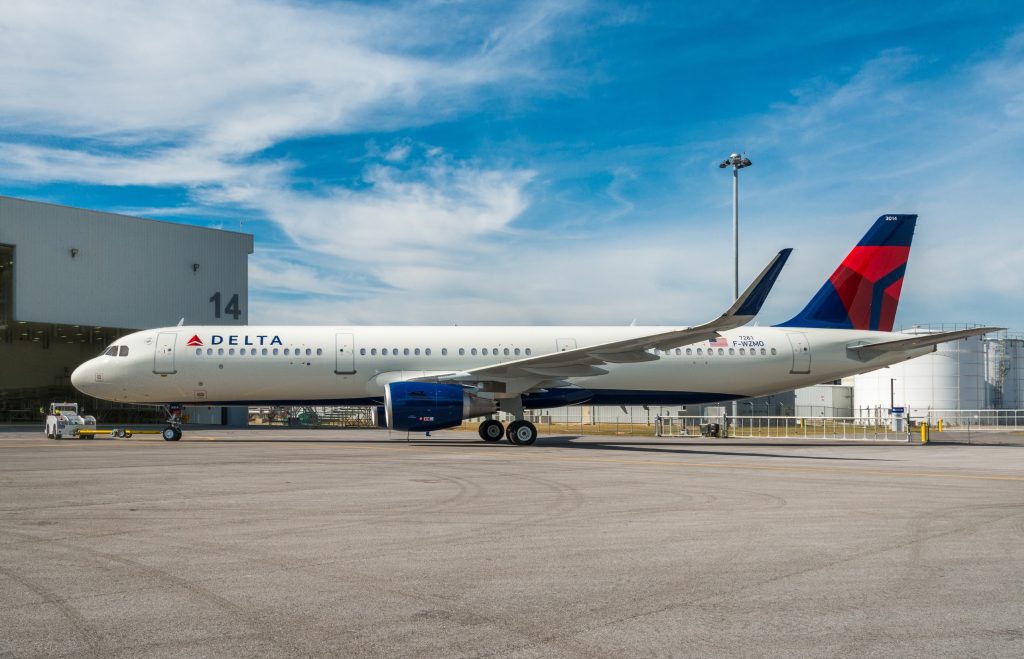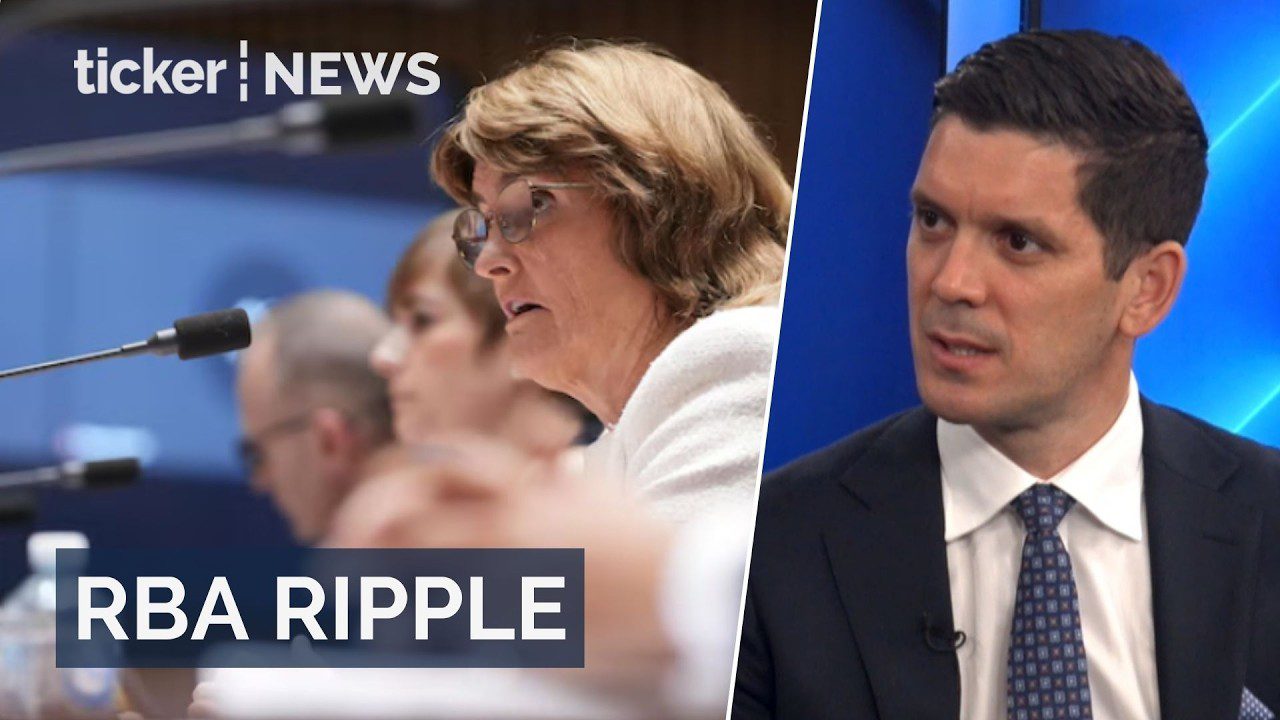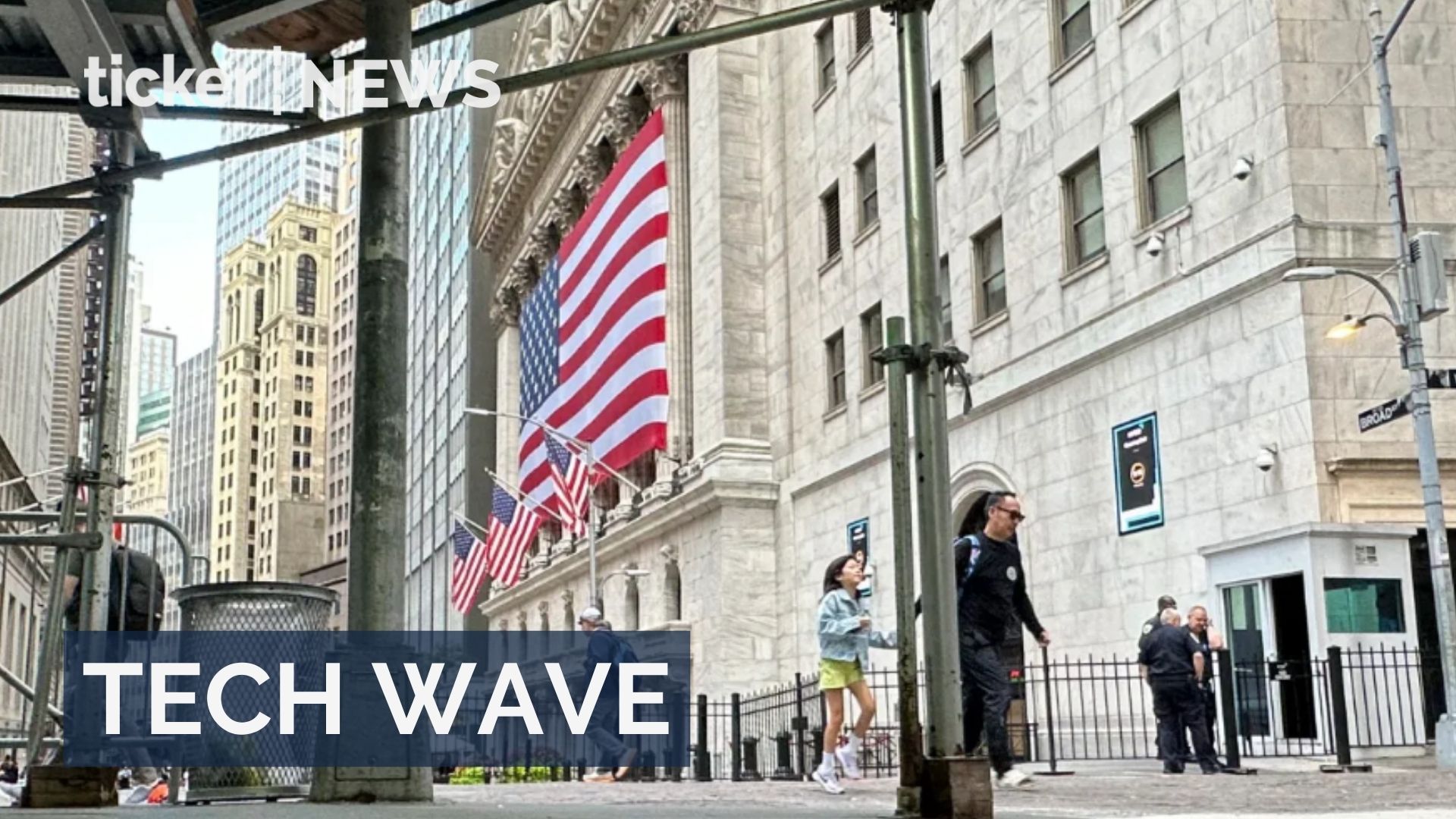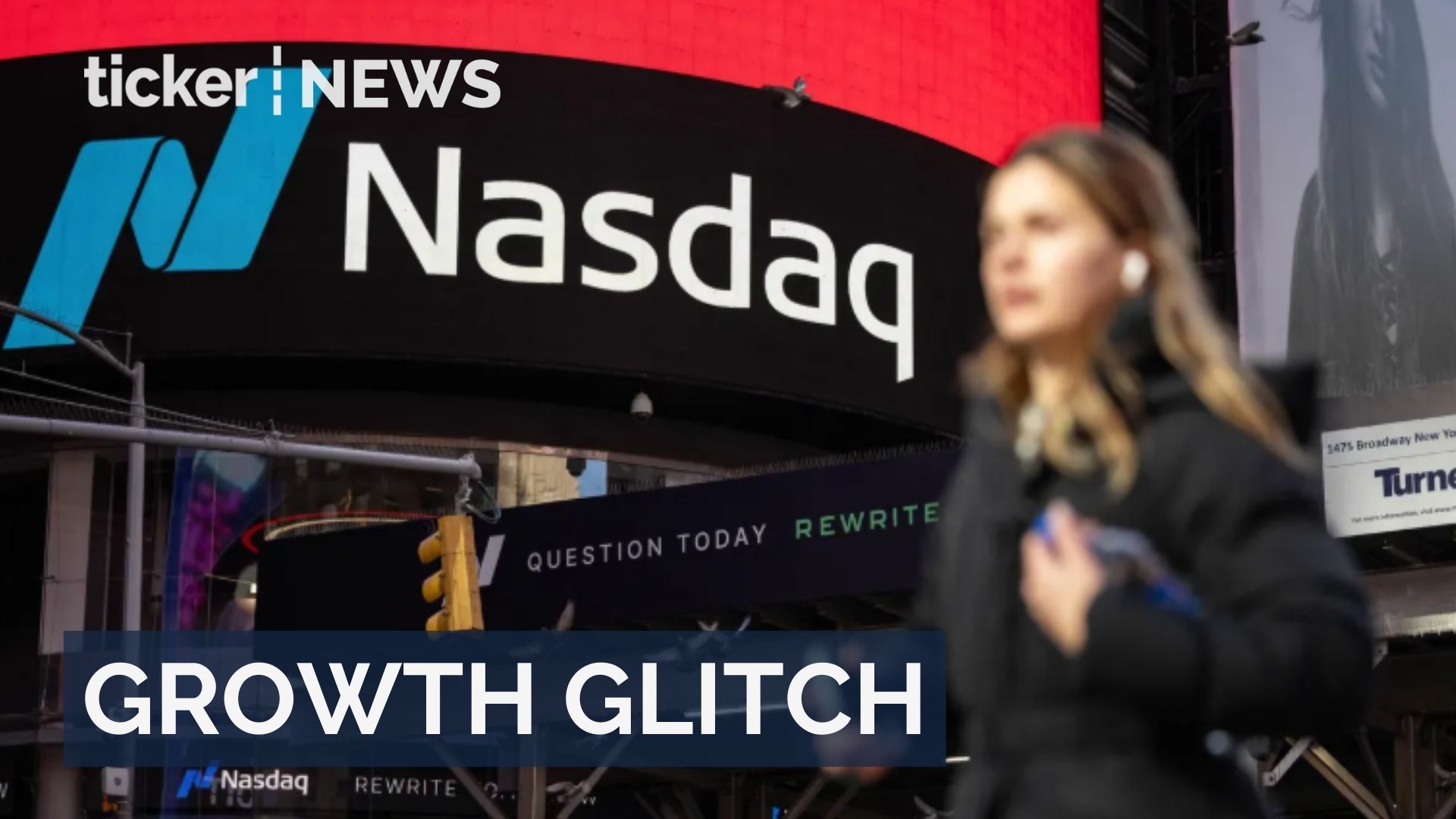Money
Delta Airlines employees to fork out $200 per month if they aren’t vaccinated
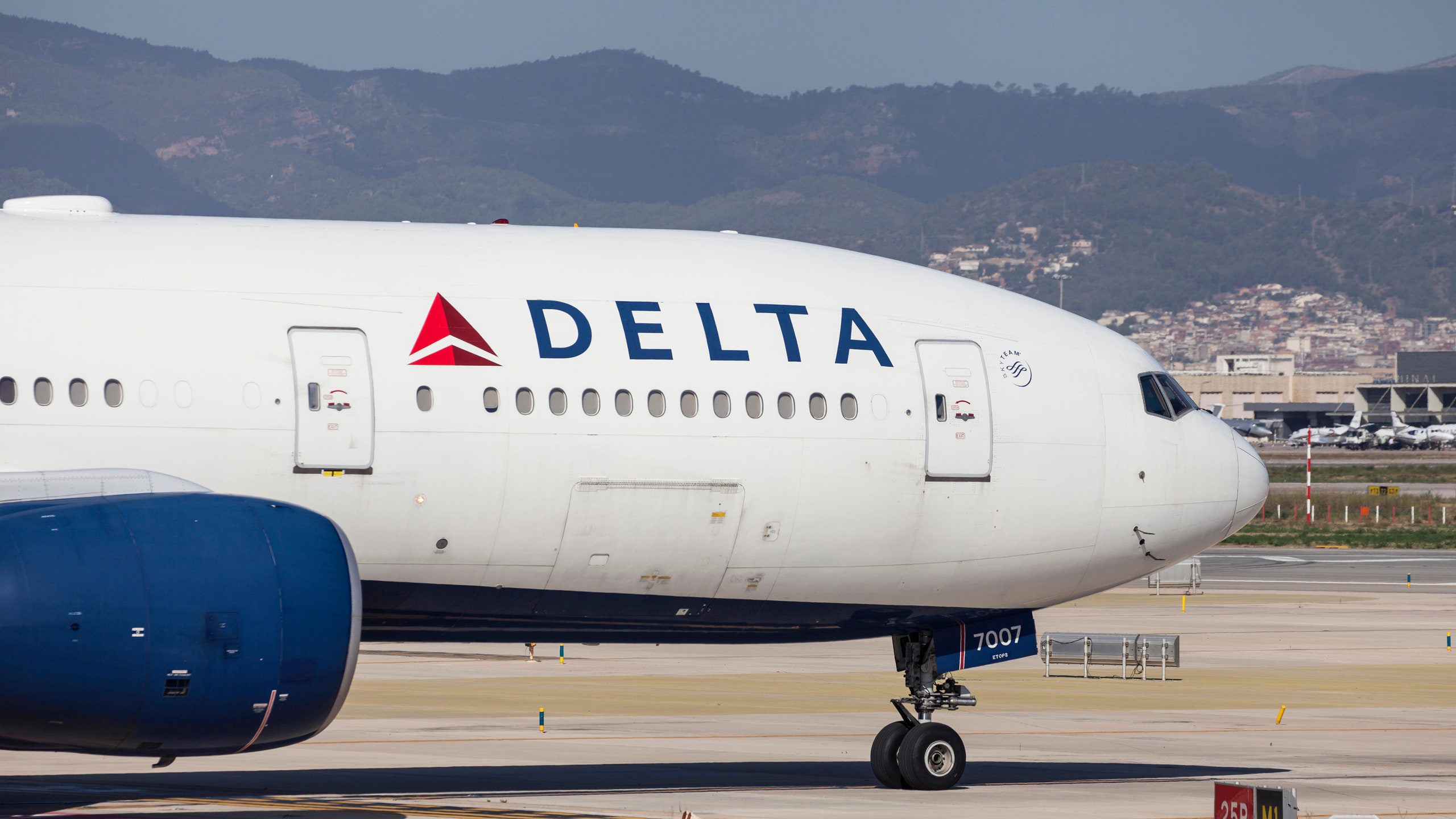
Money
RBA rate shock: ASX200, Gold and Crypto market
RBA’s interest rate shift impacts ASX200, AUD; gold/silver rebound analyzed amidst upcoming economic data and crypto market navigation.
Money
Dow hits record while tech stocks drive market gains
S&P 500 rose 0.7% with Nvidia and Broadcom driving gains; investors await delayed January jobs and inflation reports.
Money
Tech stocks slide as investors rotate into small-cap and value plays
Nasdaq drops 1.84% amid turbulent week; investors pivot to cyclical and value sectors from high-growth tech.
-



 News4 days ago
News4 days agoU.S. ramps up Cuba aid as energy crisis deepens
-



 Tech4 days ago
Tech4 days agoOpenAI and Anthropic launch faster, smarter AI tools for enterprise coding
-



 News4 days ago
News4 days agoSpaceX expands Starlink with phone plans and satellite tracking ambitions
-



 Ticker Views4 days ago
Ticker Views4 days agoRebuilding Gaza: Lessons from the Phoenix Plan
-

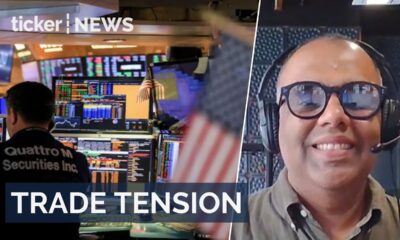

 Money4 days ago
Money4 days agoU.S. markets mixed as tech slumps and Fed moves spark uncertainty
-

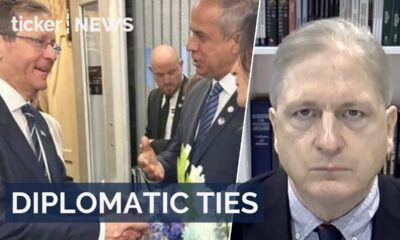

 Ticker Views1 day ago
Ticker Views1 day agoIsraeli President Herzog visits Australia amid rising antisemitism
-



 Money4 days ago
Money4 days agoTech stocks and Bitcoin tumble amid market uncertainty and rising job concerns
-



 Tech1 day ago
Tech1 day agoClaude AI is transforming software engineering and productivity




